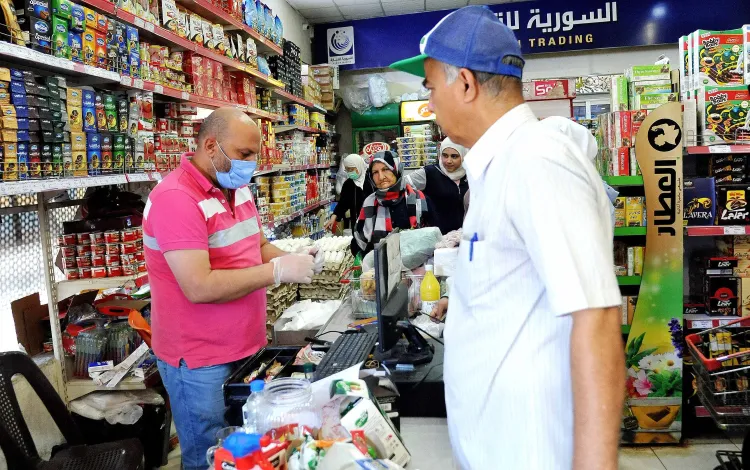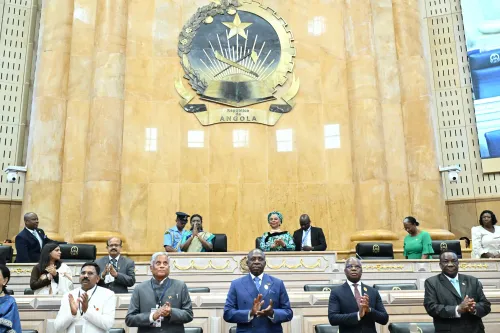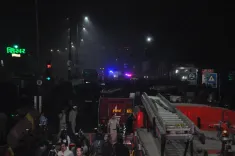Is Damascus Experiencing a Quiet Eid Amid Economic Hardships?

Synopsis
Key Takeaways
- Quiet marketplaces in Damascus as Eid approaches.
- Residents feel economic pressure despite relative security.
- Merchants express hope for better sales but face challenges.
- Many locals are waiting for real progress in the economy.
- Patience is key as the country navigates its recovery.
Damascus, June 5 (NationPress) In the vibrant marketplaces of Damascus, a sense of quietude prevails in the narrow streets as Eid al-Adha approaches. While vendors display their goods and festive decorations sway from shopfronts in al-Midan and various commercial areas, foot traffic is sparse and sales remain disappointing.
Six months into the new regime, many locals express that the nation has only just commenced its path towards economic revival. With price fluctuations and diminished purchasing power, the populace is placing their hopes on patience rather than a prosperous holiday.
“Honestly, the situation requires more time and endurance,” stated Firas Edam, a man in his 40s shopping for groceries in the Old City. “We remain hopeful. However, we are awaiting genuine progress in the country.”
Eid al-Adha, a significant celebration in Islam, is usually characterized by feasting, familial gatherings, and lively markets. In contrast to past years, when streets were overflowing with shoppers buying meat, sweets, and new attire, this year, despite a sense of security in the capital, merchants note a stark absence of spending.
“There’s a degree of activity, but it is far below what it should be,” remarked Abu Jawad, a clothing shop owner. “People feel safer, and there’s a hint of optimism — yet the economy hasn’t caught up. Still, we maintain hope for a turnaround.”
Other voices were more forthright in their evaluations.
“Those who claim things are improving speak only from their own comfort,” said Abu Khaled Khattab, 60, selling souvenirs and household items in al-Midan, while enjoying tea. He emphasized that prosperity is relative, largely dictated by individual financial circumstances.
“Some have cars and can afford sweets priced at 500,000 liras (about 56 US dollars), but for many of us, conditions are tough. Just look around: these are supposed to be festive streets in al-Midan, yet they appear desolate,” he expressed.
Since the morning, he has managed to sell merely 10,000 liras worth of goods, insufficient to purchase even a pack of cigarettes. “I’m not complaining,” he added. “I’m simply sharing what I observe.”
Abu Khaled’s discontent resonates throughout the city. In Damascus, traffic congestion creates an illusion of vibrancy, but the deep scars of years of Western sanctions — especially affecting the most vulnerable — remain unhealed. Families may stroll through the markets, yet few are willing to open their wallets.
The anticipated economic resurgence, prompted by the easing of sanctions, has yet to emerge. Restrictions have only recently begun to ease, and reconstruction is progressing at a slow pace. Officials discuss reforms and foreign investments, but for the average Syrian, progress is measured in small, tangible increments: a few kilograms of rice, a few liters of fuel, a few additional hours of electricity.
As night descends upon Damascus, vendors begin to close shop — not with the satisfaction of a fruitful day, but with a sense of quiet resignation.
“All we hear are mere wishes,” one merchant stated. “The situation on the ground indicates that we still need to practice patience.”









